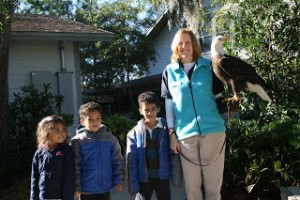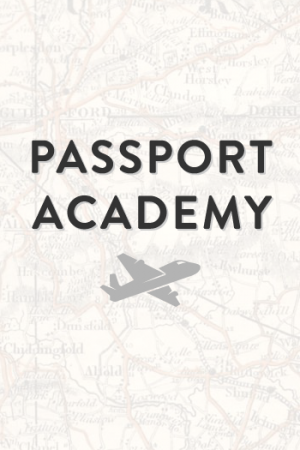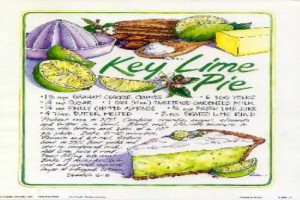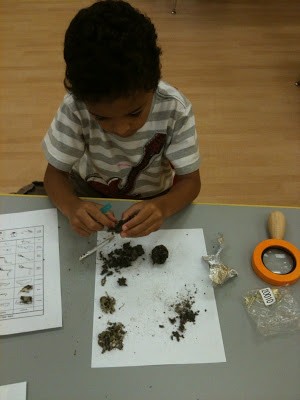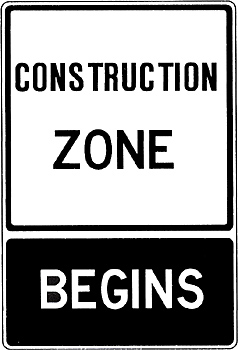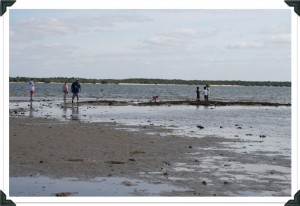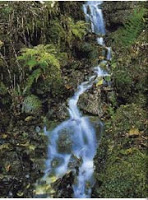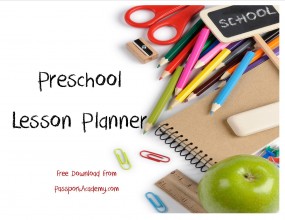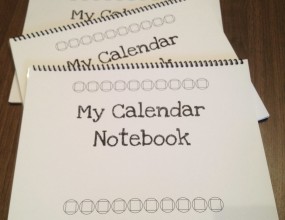Field Trips are very important part of this study. The Young Florida Naturalist’s Guide Blog is based upon hands-on study. Depending on where you live in Florida you may only have to venture past your front door to participate in some of the studies and challenges. However, to fully experience Florida’s many ecosystems and to benefit from using The Young Naturalist’s Guide to Florida, by Peggy Sias Lantz and Wendy A. Hale, you will need to venture further in order to bring the book, and your science or nature studies alive. What better way is there for your child to understand the importance of protecting our everglades than providing an opportunity to experience an estuary in the Everglades? How can your child understand the importance of conservation efforts on Lake Okeechobee if he has never fished there or seen it? What better way is there to appreciate wildlife then to see it in the wild?
5 Tips for getting the most out of a field trip:
When selecting a field trip destination it is important that you have an educational goal in mind. What is it that you are trying to illustrate or show your children? What are you currently studying that they would benefit from seeing or exploring in real life? Once you have that in mind you can successfully select the best venue to meet that goal. For example, if you are learning about screech owls there may be a zoo within 4 miles of your house that has a few screetch owls, however after careful research, you may find there is a wildlife rescue that not only has that owl, but provides an educational lecture and opportunity to view one close up.
Field trips are a wonderful way to include others in your child’s school experience. By joining other like-minded parents on a field trip you can take advantage of group rates or special lectures or programs only available to groups. Research what is available at the venue you select and then invite others to join you.
Spend time teaching on the topic before your field trip. Your children will benefit more from the field trip once they have some background information. They will also have an opportunity to formulate better questions once they’ve learned the basics. If questions came up during your study you should write them down as a reminder for both you and your students of what you want to learn or find out on the field trip. If no questions came up, on the day of your study you might ask, “What do you want to find out about screech owls today?” and then write it down. you may be surprised by what interests your child. In our home no question is dumb, but it is dumb not to ask a question.
If you participated in a small group lecture, received special attention or assistance from someone at your field trip venue please have your children write a thank-you note afterwards. It is these seemingly small gestures that will continue to keep doors open, and perhaps open new ones, for our homeschooled children.
The field trip doesn’t end when you get home. After the field trip spend time incorporating what you learned into your notebook or nature journal. Allow for time in your studies to research or read about anything of additional interest to your child.
Additional Online Resources:
Download Field Trip Planner from Cindy Downes




